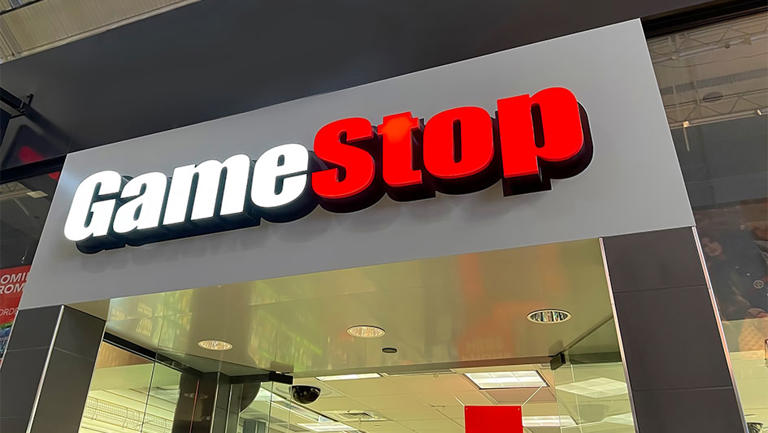On Wednesday, Citron Research made a notable shift in its stance towards GameStop (GME), a company that has become synonymous with the rise of meme stocks and retail investor fervor in recent years. Citron, known for its previous short positions on GME, announced it would no longer be betting against the stock. This decision was primarily influenced by GameStop’s successful completion of a significant equity offering, which raised more than $2 billion through the sale of 75 million shares. This infusion of capital dramatically increased GameStop’s cash reserves to approximately $5 billion, a substantial amount that caught Citron’s attention.
The rationale behind Citron’s pivot was pragmatic rather than optimistic about GameStop’s fundamental turnaround. By acknowledging GameStop’s strengthened financial position, Citron recognized that the company now had ample liquidity to address operational needs, potentially fund growth initiatives, and satisfy its devoted base of retail investors.
The decision by Citron to cease shorting GME also highlighted the evolving dynamics of stock market investing, where traditional short-selling strategies encounter new challenges amidst volatile market conditions and social media-driven trading behavior. GameStop, once a struggling brick-and-mortar retailer of video games, had captured global attention when retail investors, organized largely through online platforms like Reddit’s WallStreetBets, initiated a short squeeze in early 2021. This movement drove GME’s stock price to astronomical heights, defying conventional market wisdom and prompting a broader reevaluation of investment strategies.
In response to GameStop’s latest equity offering, Wedbush Securities revised its price target downwards from $13.50 to $11, maintaining an underperform rating. The rationale behind this adjustment centered on concerns over dilution caused by the additional shares issued, which were priced lower than initially anticipated during the offering. This cautious outlook reflected broader market sentiment regarding the sustainability of GameStop’s recent stock surge amidst ongoing operational challenges and competitive pressures in the retail sector.
Meanwhile, GameStop’s management indicated that the proceeds from the equity offerings would be allocated towards general corporate purposes, potentially including strategic acquisitions and investments. This proactive capital deployment strategy underscored GameStop’s efforts to adapt to a rapidly changing retail landscape, where digital distribution of video games and e-commerce platforms increasingly dominate consumer preferences.
Despite the initial volatility in GME’s stock price on Wednesday, which surged early in the trading session before declining, the company’s shares continued to attract significant interest from both retail and institutional investors. GameStop’s resilience and ability to capture market attention reflected its status as a focal point in discussions about market speculation, retail investor activism, and the future of traditional retail business models.
Looking ahead, GameStop’s strategic decisions regarding capital allocation, operational efficiency, and digital transformation will remain closely scrutinized by investors and analysts alike. The company’s ability to leverage its strengthened financial position, navigate regulatory challenges, and capitalize on emerging market opportunities will play a crucial role in determining its long-term viability and shareholder value in an increasingly complex and dynamic market environment.
